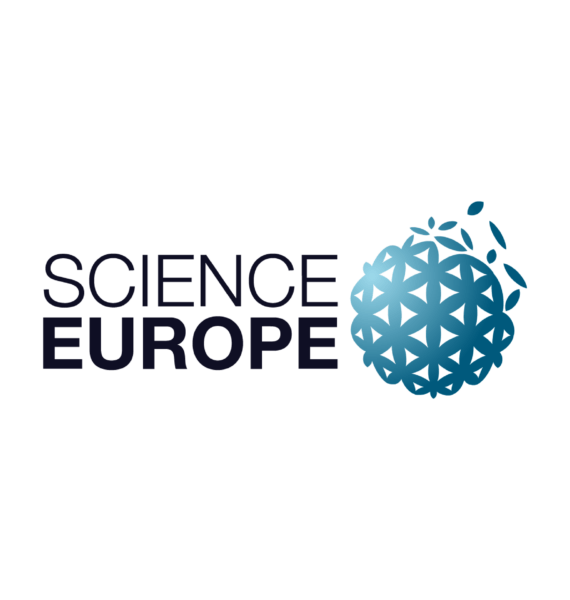Science Europe Open Science Conference 2022
Home | Events | Policymakers | Science Europe Open Science Conference 2022

Brussels, Belgium/online, 18–19 October 2022.
Science Europe is organising this conference on Open Science at an important time: the COVID-19 pandemic has highlighted the value of open and collaborative research, and several recent publications have driven the implementation of Open Science policies and the need to discuss shared values, principles and standards. These include the final report of the Open Science Policy Platform (2020) and UNESCO’s ‘Recommendation on Open Science’ (2021). Earlier in 2022, the Open Science Conference organised under the French Presidency of the Council of the EU, took stock of the links between various aspects of Open Science.
At this 18 and 19 October Open Science conference, we will provide a comprehensive overview of the current policy initiatives, research assessment reforms, and financial measures that support the transition to Open Science, and look forward at new trends. Participants are invited to discuss the many facets related to the transition in a highly interactive event. We will specifically cover:
- Open Science and society, including equity
- Open Access to all types of research outputs
- Evolving research assessment and evaluation practices
- Access to and use of open research infrastructures
- Open Science policies
The goal is to bring clarity to an increasingly complex transition and sprawling number of interlinked initiatives that affect the future of the research and innovation landscape. The plenary sessions will focus on strategy and direction, and set the stage for practical, action-oriented breakout discussions. The conference will be one of the first to establish and explore equity as a key consideration in its own right when discussing Open Science.
Practical Details
The Open Science Conference will be broadcasted as a partially hybrid event live from Brussels. Participants are invited to join the plenary and breakout sessions online. Connection details will be shared with registrants closer to the event.
Visit the Open Science website for more details.